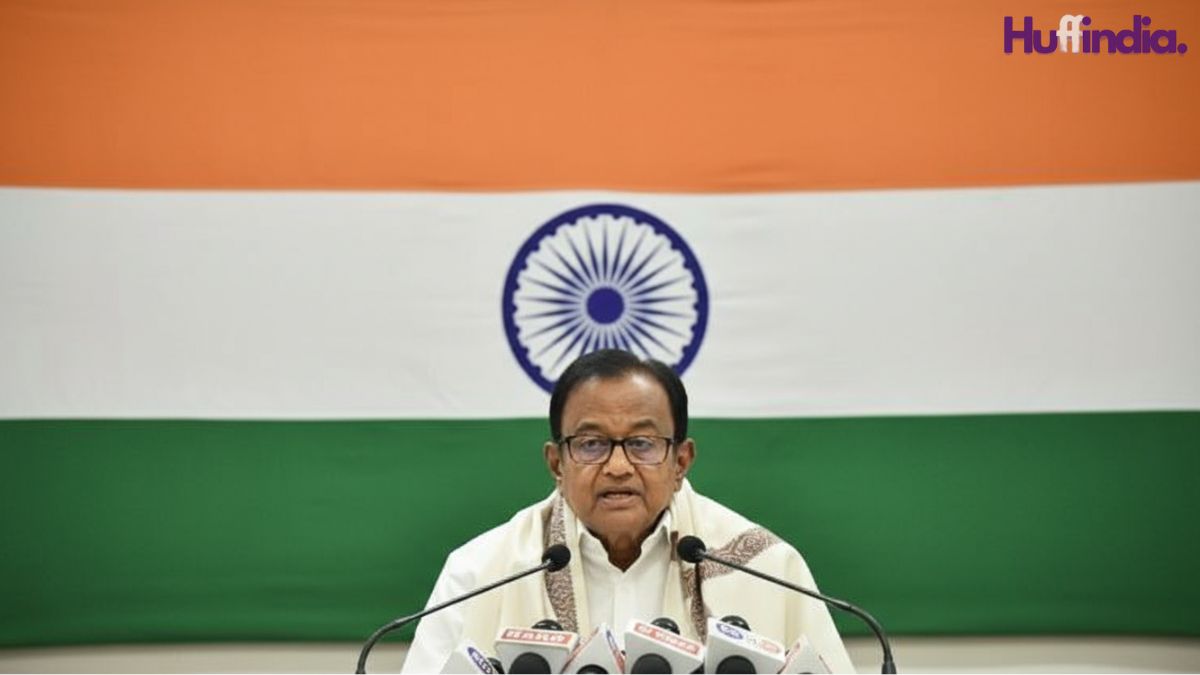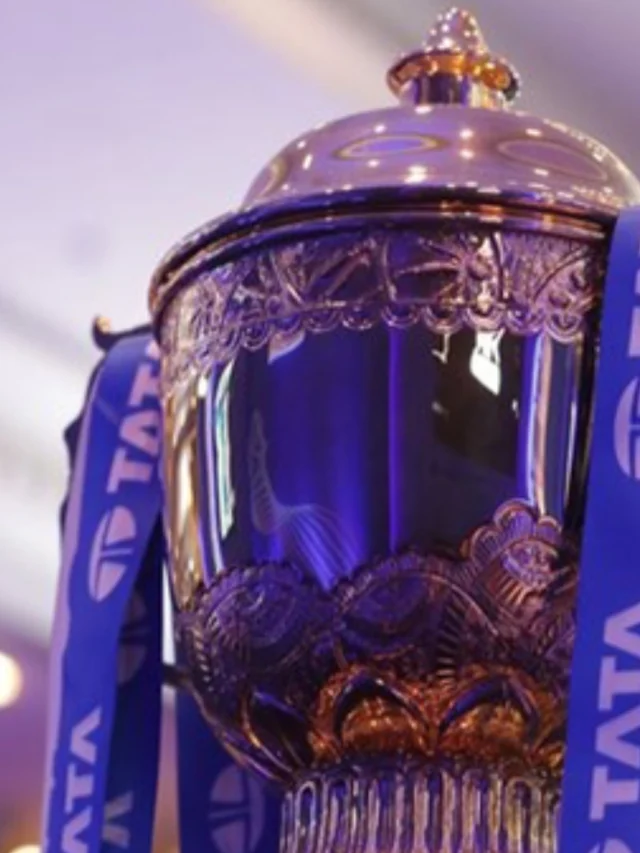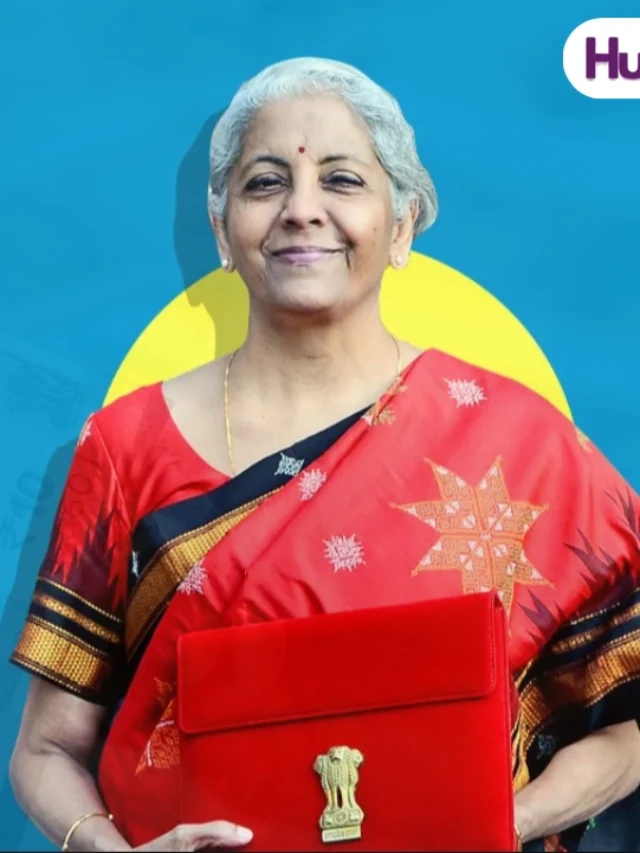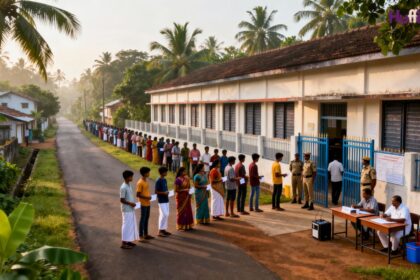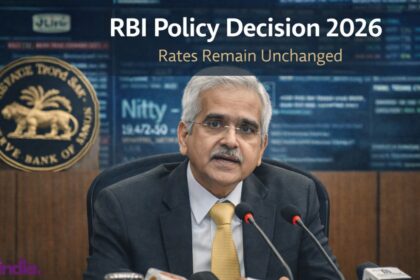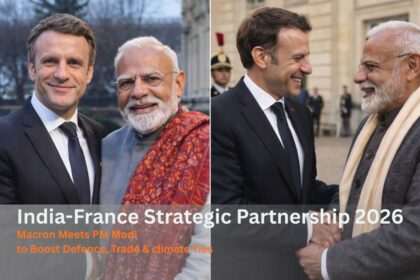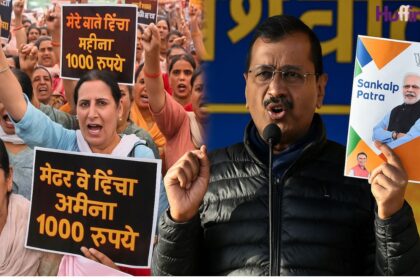Former Union Home Minister P Chidambaram has made a startling revelation that the UPA government chose not to retaliate against Pakistan after the 2008 Mumbai terror attacks due to intense US diplomatic pressure, with then Secretary of State Condoleezza Rice personally flying to New Delhi to dissuade military action. The admission has triggered fierce criticism from the BJP, which termed it “too little, too late.”
P Chidambaram making statement about 26/11 Mumbai attacks and US diplomatic pressure
Chidambaram’s Bombshell Admission on 26/11 Response
In a candid interview with ABP Live on September 29, 2025, P Chidambaram revealed that “retribution crossed my mind” following the horrific Mumbai terror attacks that killed 175 people. The veteran Congress leader, who took charge as Home Minister just days after the coordinated strikes, disclosed unprecedented details about the behind-the-scenes deliberations that shaped India’s restrained response.
“The whole world descended upon Delhi to tell us ‘don’t start a war’,” Chidambaram admitted, revealing how international pressure, particularly from the United States, influenced the UPA government’s decision-making. The former minister’s confession provides the first official acknowledgment of external diplomatic interference in India’s national security decisions following one of the country’s worst terror attacks.
Condoleezza Rice’s Direct Intervention in New Delhi
The most explosive revelation centered on then-US Secretary of State Condoleezza Rice’s emergency visit to India. Chidambaram disclosed that Rice flew to New Delhi “two or three days after I took over, to meet me and the Prime Minister. And to say, ‘please don’t react'”.
The meeting, held at North Block on December 3, 2008, was officially described as discussing “assistance US can offer” in the aftermath of the attacks. However, Chidambaram’s latest admission reveals that Rice’s primary objective was to prevent Indian military retaliation against Pakistan.
“I said this is a decision that the government will take. Without disclosing any official secret, it did cross my mind that we should do some act of retribution,” Chidambaram acknowledged, indicating his personal inclination toward military action was overruled by broader government consensus.
Internal Deliberations and MEA’s Decisive Role
Chidambaram revealed extensive internal discussions within the UPA leadership about potential military responses. “I did discuss that with the Prime Minister and other people who mattered. The PM had discussed this even when the attack was going on,” he stated.
The Ministry of External Affairs and the Indian Foreign Service played a crucial role in steering the government away from military action. Chidambaram explained that “the conclusion was largely influenced by the MEA and the IFS, that we should not physically react to the situation”.
This revelation provides unprecedented insight into how India’s diplomatic establishment prioritized restraint over retaliation, despite mounting public pressure for decisive action against Pakistan-based terrorists.
BJP’s Sharp Counterattack: “Too Little, Too Late”
The opposition Bharatiya Janata Party has launched a fierce attack on Chidambaram’s admissions, with leaders questioning the UPA’s commitment to national security. BJP spokesperson Shehzad Poonawala demanded answers about whether Sonia Gandhi or Prime Minister Manmohan Singh had blocked military action.
“Why was UPA taking orders from her? Why did Sonia Gandhi prevail over the Home Minister?” Poonawala questioned, alleging that the government appeared to act under Condoleezza Rice’s influence. The BJP has characterized the revelation as confirmation of the Congress party’s “weak-kneed” approach to national security.
Union Minister Pralhad Joshi stated that Chidambaram had effectively confirmed “what the country already knew – that the Mumbai attacks were mishandled due to pressure from foreign powers”.
The Sharm El-Sheikh Controversy Resurfaces
Chidambaram’s admission has reignited criticism of the controversial Sharm El-Sheikh joint statement signed between Prime Minister Manmohan Singh and Pakistani PM Yusuf Raza Gilani in July 2009. The agreement, signed just nine months after 26/11, delinked action on terrorism from the Composite Dialogue process and included references to Balochistan.
BJP spokesperson Sudhanshu Trivedi highlighted this connection, stating: “Just nine months after the 26/11 attacks, a joint declaration with Pakistan was signed in Sharm El-Sheikh, Egypt… It is both sad and astonishing that Balochistan was mentioned in this joint declaration”. The BJP has consistently criticized this agreement as a capitulation to Pakistani demands.
The Sharm El-Sheikh pact remains controversial because it effectively gave Pakistan what it wanted – resumption of dialogue without credible action against 26/11 perpetrators.
Reluctant Home Minister: Chidambaram’s Personal Resistance
In a surprising disclosure, Chidambaram revealed his initial reluctance to leave the Finance Ministry for the Home portfolio. He stated that when Prime Minister Singh called to transfer him, “When I initially refused, I was told that Mrs (Sonia) Gandhi, who was Congress president at the time, had already made a decision”.
“I told them that I am happy to complete my term as the finance minister. I have presented five budgets, and the elections were supposed to be held in April 2009,” Chidambaram recounted, revealing his preference to remain in the economic ministry during the critical period.
The former minister also admitted he “went in blank” regarding India’s military and intelligence preparedness, acknowledging his unfamiliarity with intelligence assets in Pakistan and neighboring regions.
Contrasting Responses: UPA vs NDA Approaches
The BJP has consistently contrasted the UPA’s restrained response with the current NDA government’s muscular approach to cross-border terrorism. The party points to several decisive military actions under Prime Minister Narendra Modi:
- 2016 Surgical Strikes following the Uri attack
- 2019 Balakot airstrikes after the Pulwama terror attack
- 2025 Operation Sindoor in response to the Pahalgam attack
Operation Sindoor, launched on May 7-8, 2025, targeted nine terrorist training camps across Pakistan and Pakistan-occupied Kashmir. The operation marked a significant departure from the UPA-era restraint, with precise strikes on terror infrastructure using domestically developed systems including BrahMos missiles and loitering munitions.
Chidambaram himself acknowledged this shift, noting that after Modi came to power, “India’s strategy changed completely, responding firmly to Pakistan”.
International Diplomatic Pressure in 2008
The revelations highlight the extent of international pressure India faced following 26/11. Beyond Condoleezza Rice’s direct intervention, Chidambaram disclosed that “the whole world descended upon Delhi” to prevent escalation.
This diplomatic pressure came at a critical time when India had provided extensive evidence of Pakistani involvement in the attacks. The sole surviving terrorist, Ajmal Kasab, had been captured alive, providing direct testimony about the Pakistan-based planning and training.
Despite this evidence, the international community, led by the United States, prioritized regional stability over justice for the 166 Indian victims. Rice’s public statements during her visit reflected this position, suggesting that “any response needs to be judged by its effectiveness” and should not “create other unintended problems”.
Long-term Implications for Indo-US Relations
Chidambaram’s revelations raise uncomfortable questions about the nature of Indo-US strategic partnership during critical moments. The admission that America directly intervened to prevent Indian military action suggests limits to strategic autonomy even after the signing of the landmark Indo-US nuclear deal.
The disclosure has prompted broader discussions about whether India’s responses to terrorism should be constrained by external diplomatic pressure. Social media reactions have questioned “who gets to decide how India responds to terror” and whether “India’s hand should be tied by external players when its citizens are slaughtered”.
Political Ramifications and Timing
The timing of Chidambaram’s admission, coming just days after India’s victory over Pakistan in the Asia Cup cricket final, has added political significance. Prime Minister Modi had controversially referred to the cricket victory as an extension of “Operation Sindoor,” linking sporting success with military achievements.
BJP leaders have seized on the admission to reinforce their narrative of Congress’s weakness on national security. The party has consistently argued that “whether it is the battlefield, the field of diplomacy, or the sports arena, the Congress and the INDIA grouping are always ready to pave the way for Pakistan”.
Legacy Questions and National Security Doctrine
Chidambaram’s explosive admission forces a reexamination of India’s national security decision-making during the UPA era. The revelation that a serving Home Minister’s inclination for military retaliation was overruled by diplomatic considerations and international pressure raises questions about the hierarchy of national security priorities.
The contrast between the 2008 restrained response and the 2025 Operation Sindoor demonstrates a fundamental shift in India’s strategic doctrine. While the UPA government prioritized diplomatic engagement despite terror attacks, the current NDA approach emphasizes decisive military responses to cross-border terrorism.
As India continues to grapple with Pakistan-sponsored terrorism, Chidambaram’s “too little, too late” admission serves as a stark reminder of how external diplomatic pressure once constrained India’s response to one of its darkest hours, shaping the contours of contemporary national security debates.

